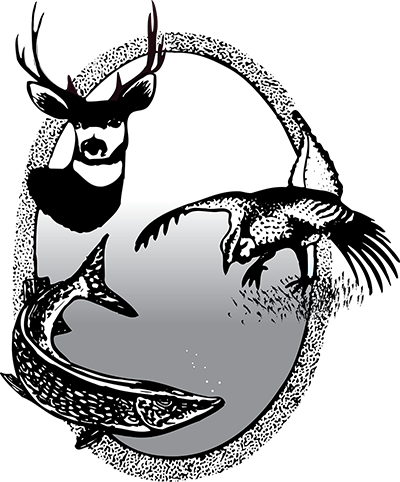
Game and Fish Receives $12.8 Million for Conservation Programs
The North Dakota Game and Fish Department has received $12.8 million in 2020 as its share of excise taxes paid by America's recreational shooters, hunters, anglers and boaters. Altogether, 56 state and territorial fish and wildlife agencies shared more than $971 million.
The funding is used by Game and Fish to support conservation programs such as fish and wildlife monitoring, habitat improvement, research and education. The money also helps pay for hunter and aquatic education, and fish and wildlife-related recreation projects. Federal assistance funds pay for up to 75 percent of the cost of each project, while the state contributes at least 25 percent from nonfederal sources. Game and Fish is a special fund agency in North Dakota, as it receives no state general fund dollars.
The federal funds are apportioned by a formula under two assistance programs – Wildlife Restoration and Sport Fish Restoration. The total 2020 Wildlife Restoration apportionment for all state and territorial agencies is more than $601 million. Sport Fish Restoration support for 2020 totals nearly $370 million. The funds are allocated to the states by a formula based 50% on the amount of land area of the state relative to the rest of the states, and 50% based on the number of hunting license holders in a state relative to other states.
Wildlife Restoration is guided by the Pittman-Robertson Wildlife Restoration Act of 1937 and is funded by the collection of excise taxes on firearms, ammunition and archery equipment. States use Wildlife Restoration Program funds to manage wildlife populations and habitat; conduct research, surveys and inventories; administer hunter education programs; and construct or maintain firearm and archery ranges for public use.
Sport Fish Restoration is guided by the Dingell-Johnson Sport Fish Restoration Act of 1950 and is funded by the collection of excise taxes on sport fishing equipment and electric motors, import duties on fishing tackle and pleasure boats, and a portion of gasoline tax attributable to motorboats and small engines. States use Sport Fish Restoration Program funds to stock fish; acquire and improve sport fish habitat; provide aquatic resource education opportunities; conduct fisheries research; and build boat ramps, fishi
